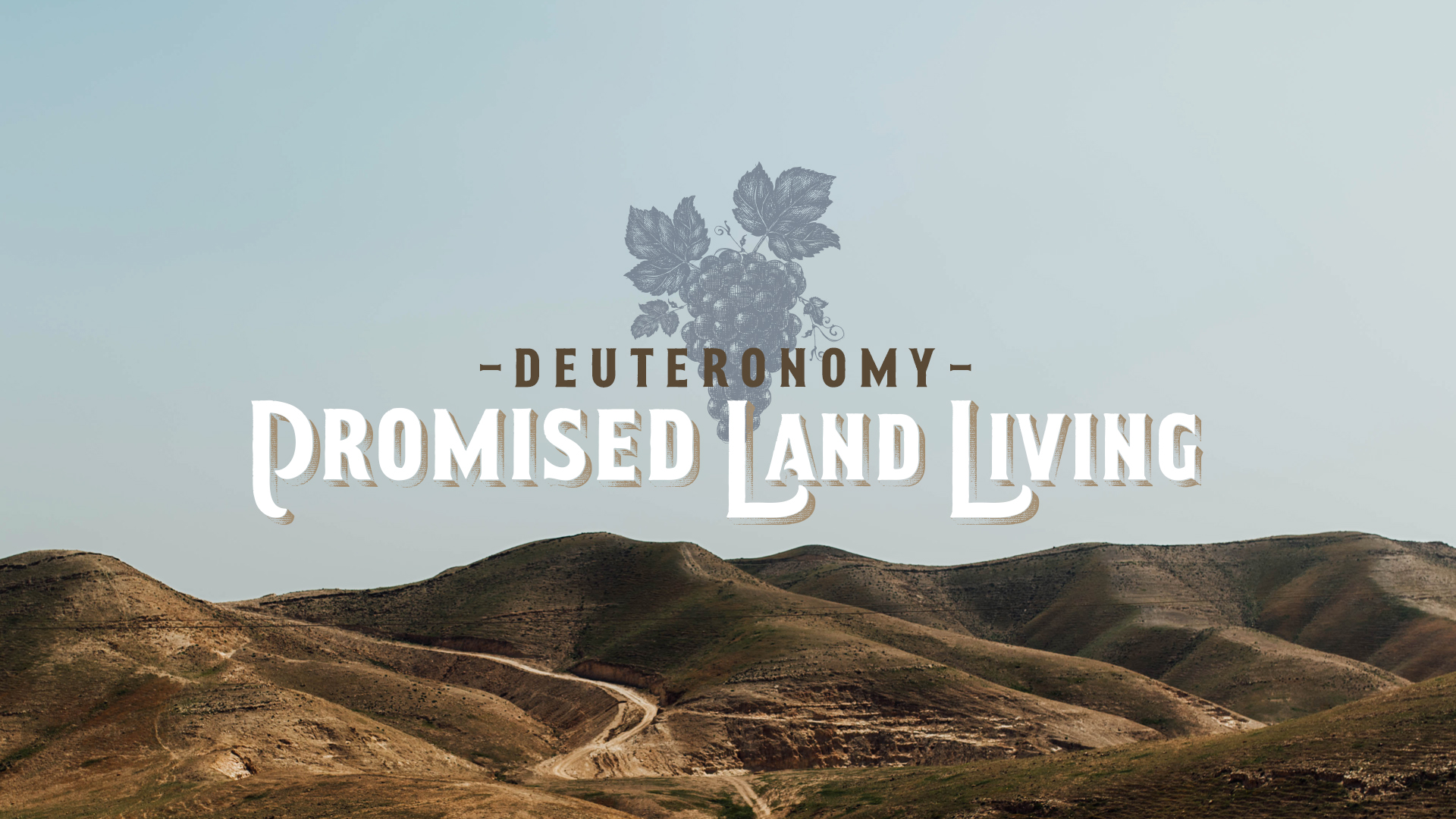I think we’ve all been there.
It’s later than we planned, and everyone is hangry.*
Cooking at home is not an option because we don’t have groceries and we don’t have time.
And so we ask, “Where should we eat?”
Fortunately (or unfortunately if you’re indecisive), we live in an area with many, many choices. Most of us are a five-minute drive away from food that’s fast, foreign, and/or fresh.
For the people of Israel, however, there were no restaurants during their years of slavery and wandering in the wilderness. There wasn’t even a grocery store. (Unless, I suppose, we count their morning bowl of manna.) But in Deuteronomy, the people are about to enter a land full of options for food and just about everything else, too. In Deuteronomy 12-14, though, God surprisingly enters the “Where should we eat?” conversation with guidance that still has enormous relevance for how we consume in the world around us today.
We will see how these chapters relate to the 2nd and 3rd Commandments (Deut. 5:8-11). I can’t promise you’ll leave the gathering knowing where to eat lunch, but I do think we will have plenty to chew on for the coming week.
*Hangry is the technical term in our house for hunger-induced anger.
Podcast
Podcast: Download (Duration: 42:52 — 49.1MB)
Downloads
Notes See It Be It Video Audio iTunesSEE IT // BE IT
(Weekly Community Group Discussion Guide)
Date: April 24, 2016 // Title: Promised Land Living: Sh’more Shema
Scripture: Deuteronomy 6-11
ARRIVAL / SOCIAL TIME 15-20 minutes
Spend the first 15 minutes or so of your time together catching up and socializing with one another. Also find time to catch up together on how the assignments from last week turned out.
SERMON REVIEW 5-10 minutes
This week we continue our series, Promised Land Living, which takes us through the book of Deuteronomy. Jon walked us through Deuteronomy 6–11 as we looked at loving God as a matter of our heart. The Hebrew view of the heart was that our heart is our life source; it is where we have emotions, it monitors our thoughts and helps to determine our will. It is the very fiber of our soul. There are other things that bid for our heart’s attention. We can have conversations of our hearts that lead us to fear, self-sufficiency and self-righteousness that can pull at us when we experience the wilderness times in our lives. Deuteronomy helps us break the poor habits of the heart and set up the habit of remembering God and all he has done for us.
THE MAIN THOUGHT Keep this in mind as you facilitate discussion.
Remembering God is a matter of the heart.
SEE IT Questions :: 10-15 minutes
Picture: Why was the word “heart” used in Deuteronomy? Why do you think that people have a difficult time remembering their stories? What are ways of building habits of freedom in our heart?
Mirror: What is the current condition of your heart? What is the conversation that your heart is having? Where have you forgotten that God has blessed you? What is one helpful habit that, with the help of God, could be the keystone habit to change the temptation in your wilderness?
Window: Where are the places in your home, work, or neighborhood that you could tell your story of remembering what God has done?
BE IT – Practice
Change UP // Exercise 10 minutes
As we are finding ways of remembering what God has done in the stories of the Bible and in our own life, what is your favorite Bible story that helps show your belief about God?
Change IN // Group Activity 5 minutes
Looking at your own story, what is one part that you could share that would show how God has worked in your family?
Change OUT // God of the Workplace 5 minutes
Thinking about other people’s stories, is there one story that you could ask about (and hear) in your workplace, home, neighborhood, or from a friend?
CLOSING PRAYER 5 minutes
Take a few minutes to gather any prayer requests and pray for each other to SEE IT and BE IT this week.

